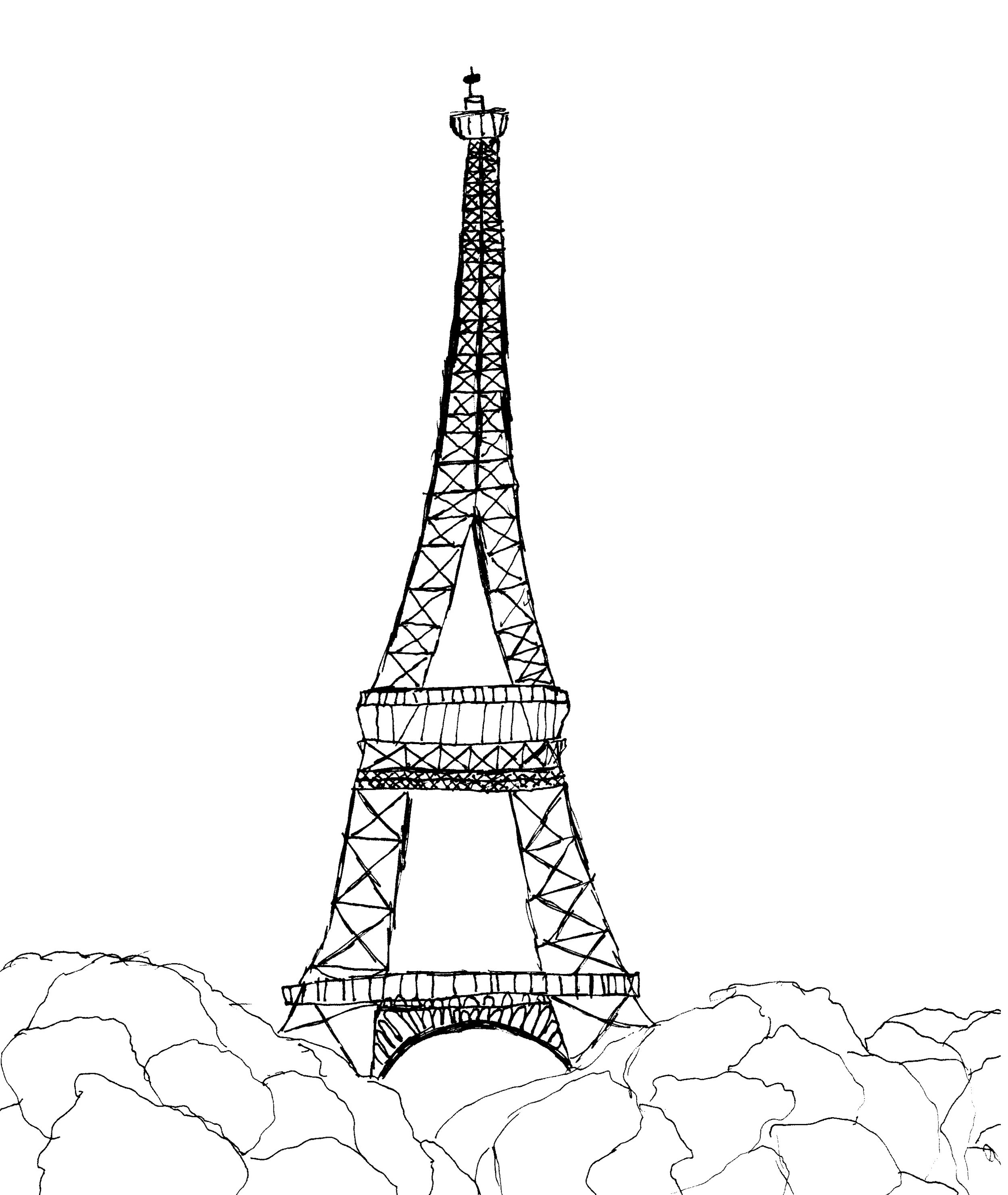The Principality of Monaco
Palace and harbor of Fontvielle, Monaco-Ville, Monaco. Image credit: Georges Jansoone (JoJan), CC BY 3.0, via Wikimedia Commons
It all started with a rock.
Ancient Phoenicians, Greeks, Ligurians, Romans, Ostrogoths, Lombards, Franks, Saracens, and others traversing the Mediterranean Sea and adjacent lands found shelter and a defensible position on the Rock of Monaco nestled within what is now the southeastern corner of France. Numerous groups of people believed that the Greek god Heracles himself laid the path between modern-day Italy and Spain and established a port at Monaco.
At the dawn of the 13th century, the Republic of Genoa received governing rights over the area by the Holy Roman Emperor Henry VI. A fortress was built atop the Rock of Monaco and settlers came from Genoa and surrounding areas. Members of the Genoese Grimaldi family took control of the fortress in 1297 and gradually extended their sovereignty over nearby Menton and Roquebrune.
The Grimaldi family has reigned over Monaco ever since except for two decades following the French Revolution, albeit through several periods of alliances and occupation. Monaco was occupied by the Kingdom of Aragon/Spain from the mid-1500s to mid-1600s, then became a protectorate of France until succumbing to revolutionaries and Napoleon Bonaparte before being ceded to the Kingdom of Sardinia from 1814 to 1860. Via the Franco-Monegasque Treaty of 1861, Monaco renounced its claims to Menton and Roquebrune while obtaining official recognition of its own sovereignty. The absolute monarchy endured until 1911, when growing unrest and protests culminated in the adoption of the Constitution of Monaco. In 1918, the Franco-Monegasque Treaty was updated to prevent the possibility of a German national ascending to the Monegasque throne and to coordinate French and Monegasque policies.
Prince Albert II of Monaco in 2019. Image credit: 首相官邸ホームページ, CC BY 4.0, via Wikimedia Commons
Prince Albert II has served as the Sovereign Prince of Monaco since April 2005, succeeding his father, Prince Rainier III, who was featured in international headlines when he married American actress Grace Kelly in 1956. During the reign of Prince Rainier III, Monaco updated its Constitution, joined the United Nations, and signed an updated treaty with France to ensure its independence regardless of potential ruling succession issues. Prince Albert II serves as Monaco’s head of state who appoints the Prime Minister, one of six members of the Council of Government. An elected National Council approves all legislation whereas local affairs are overseen by the Mayor and Communal Council. France has assumed responsibility for Monaco’s military defense and commands its police force as well as providing magistrates for Monaco’s judiciary.
Monaco’s territory measures less than one full square mile in area and its current population is approximately 40,000, yet it is one of the wealthiest countries in the world. Its richesse dates back to the mid-19th century, when the Casino de Monte-Carlo opened and a railroad station was added to the French system to facilitate transportation to and from the principality. The casino drew gamblers and tourists, spurring the development of hotels, restaurants, and other businesses as well as the addition of the Musée océanographic de Monaco and an opera house. Its financial success prompted Monaco to eliminate personal income taxes, a policy that has drawn wealthy non-Monegasques to the principality.
Tourism, including gambling, is the main industry in Monaco. Its pleasant Mediterranean climate attracts visitors year-round and many workers commute from France and Italy to support the influx of foreigners. The annual Grand Prix de Monaco auto race has been held since 1929 and is one of the most prestigious Formula One events, drawing 100,000 fans to line the streets of the principality each spring. The principality is home to professional sports teams AS Monaco FC (men’s soccer), OS Monaco (women’s soccer), and AS Monaco Basket (men’s basketball) and hosts the Monte Carlo Masters tennis tournament and Monaco Marathon. Its cultural offerings include numerous festivals, several museums, the Opéra de Monte-Carlo, the Orchestre Philharmonique de Monte-Carlo, and Les Ballets de Monte-Carlo.
Casino de Monte-Carlo, Monaco. Image credit: AwOiSoAk KaOsIoWa, CC BY-SA 3.0, via Wikimedia Commons
The principality’s official language has been French since the days of the Revolution, but over the course of Monaco’s history, its residents have communicated in Provençal, Monégasque, Spanish, Catalan, and Italian. Following the Franco-Monégasque Treaty of 1861, the French language increasingly displaced Italian whereas Monégasque, a dialect of Ligurian, was subjected to the same fate as other regional languages in France – forbidden in public and in schools. Grassroots efforts to preserve Monégasque began in the 1920s and the government began to proactively support language instruction in the 1970s; however, French remains the official and dominant language in Monaco.
Monaco has maintained self-governance while preserving a special relationship with France for over five hundred years. In fact, the number of French citizens that reside in Monaco is greater than that of Monegasque citizens. Disputes between the two nations that have arisen have been peaceably resolved through discussions and negotiations that resulted in French representation in the Monegasque government combined with official acknowledgment of Monaco’s perpetual independence from France, among other resolutions. Monaco has not joined the European Union but benefits from a customs union with France and the usage of the euro to facilitate its economic integration with much of Europe. Despite its small size, Monaco has managed to uphold a longstanding and positive relationship with its much larger neighbor.
Jeu de français
The Grimaldi family has presided over Monaco for over 800 years, transferring power to sons, daughters, cousins, and grandsons. Test your knowledge of French words for selected family members in the word game below.
Subscribe to our newsletter to receive Art de vivre posts, information about courses, Conversation Café, special events, and other news from l’Institut français d’Oak Park.




